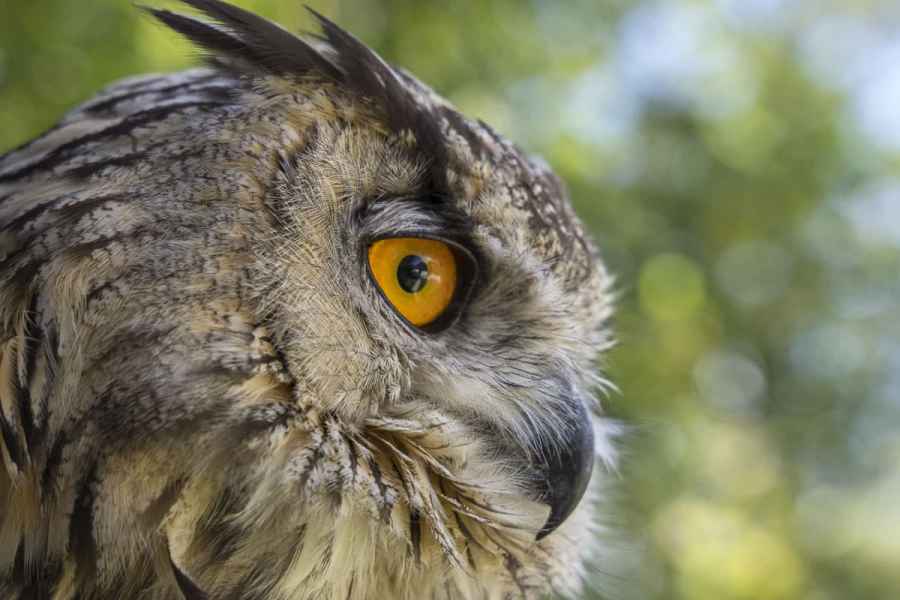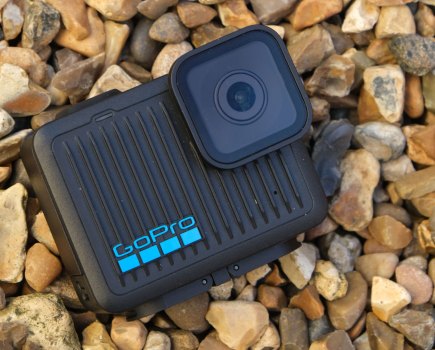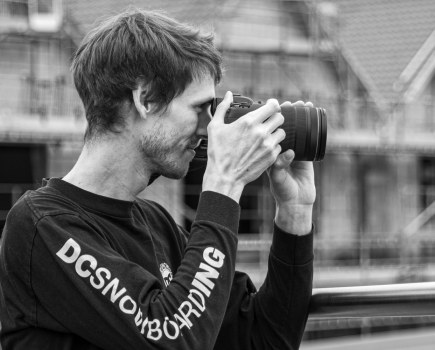AP readers will need no introduction to David, a well-known travel and landscape photographer who has written numerous books on photography and is a regular speaker at camera clubs. He is also an Hon. FRPS and a Canon ambassador. Here, David tells us why he has happily changed over to mirrorless camera, despite being a long-time DSLR user – he also shares some newer images taken on the Canon EOS R5.
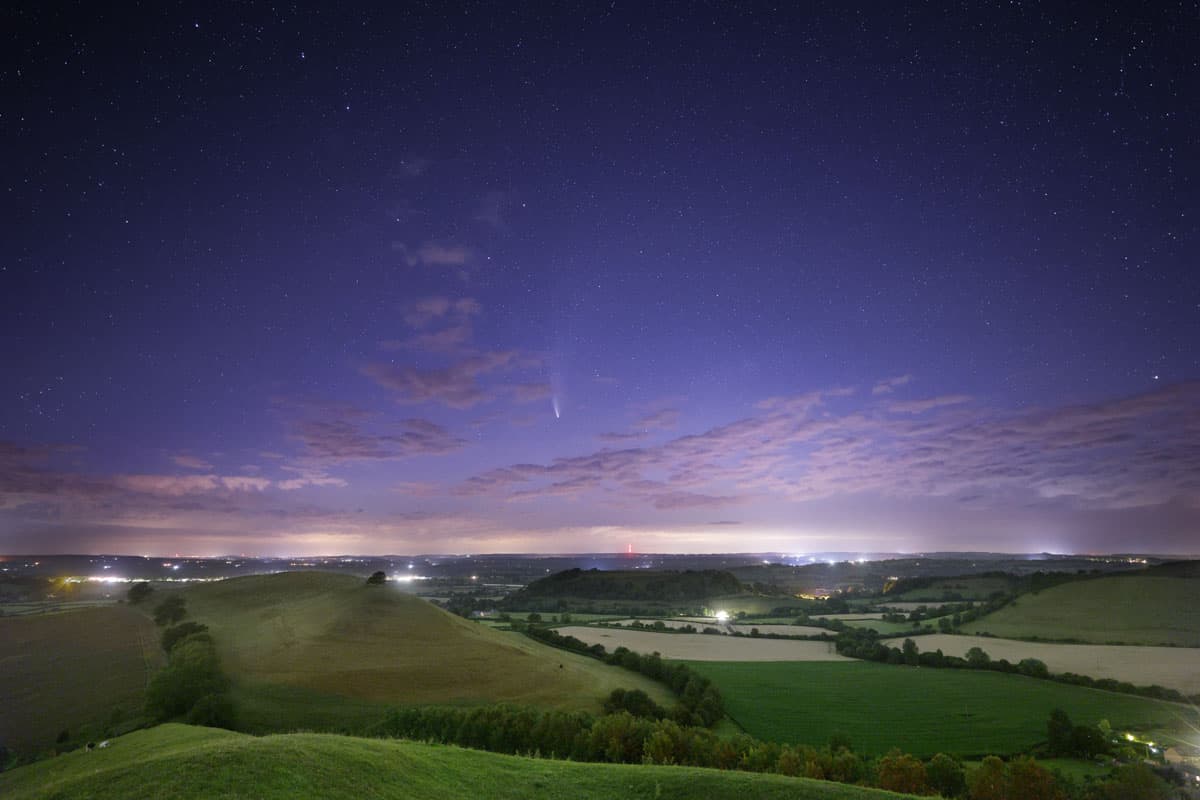
Comet Neowise over Cadbury Castle, Somerset, England
We remember interviewing you a few years ago and you said you weren’t that impressed by mirrorless cameras, comparing electronic viewfinders (EVFs) to cheap TV screens. So what has changed?
If I am honest I still prefer optical viewfinders (OVFs) from DSLRs most of the time, and when working with mirrorless I still have to remind myself to switch the camera on before looking through it! But what has changed is the quality of the EVFs. They have improved so much, and while there are some situations where I still would prefer an OVF, mirrorless EVFs now give you a big advantage in low light.
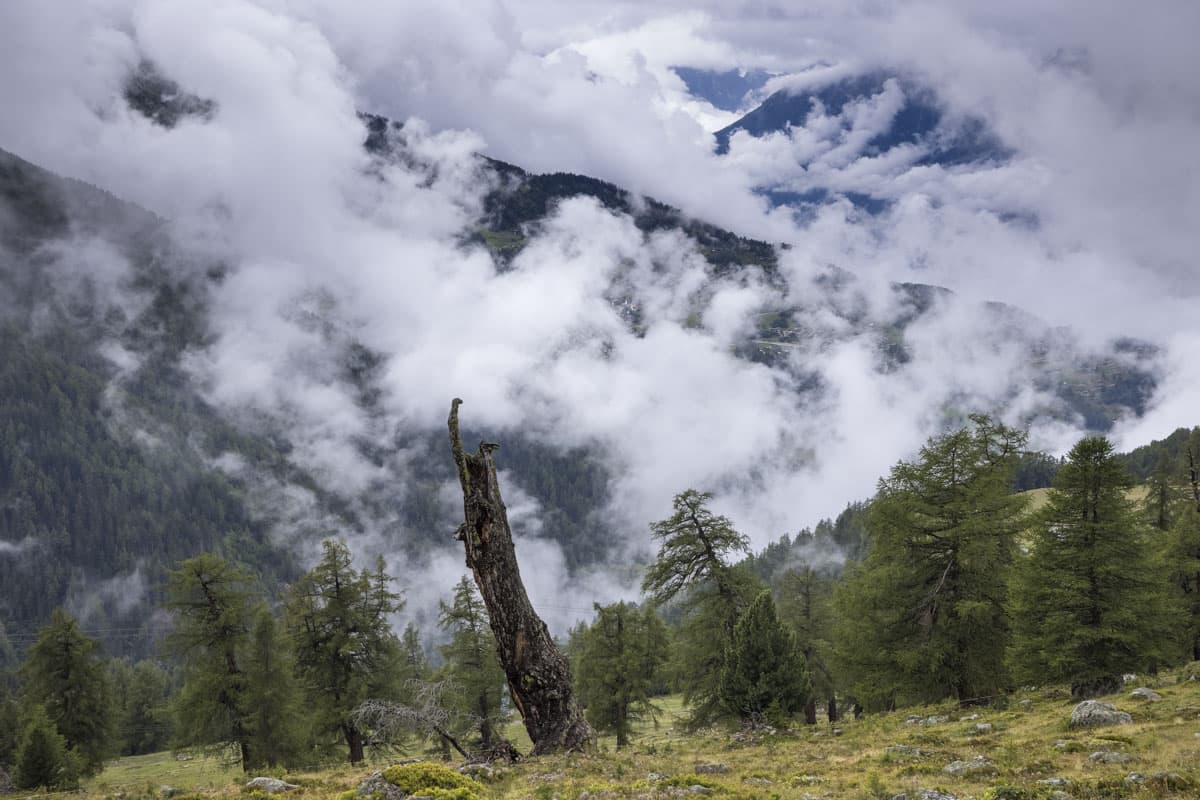
A lightning shattered larch abover Iserables, Valais, Switzerland
Do you also like being able to get a ‘clearer’ idea of the final exposure before you take the shot? Mirrorless cameras are more ‘what you see if what you get’
That is not such a isue for me. I still use the histogram to tell me what I need to know before I take the shot. in conjunction with highlight alerts. I also use exposure compensation as necessary, particularly with travel, where opportunities can present themselves quickly.
Are you currently using the Canon EOS R series?
Yes, the EOS R5.
What do you like about it?
Well it’s a camera that can pretty much do it all. For landscape work, it has a high-resolution sensor. There is also a lovely tonal feel to the pictures and the dynamic range is good. I am also impressed by the ISO performance. You’d expect a 45Mp camera to be sacrificing high ISO because of the pixel density, but it is not the case here. Image quality is great. On top of that, the in-body image stabilisation is a real stop forward. I won’t stop taking a tripod out with me, but it’s quite an advantage for my travel work, especially when shooting in low light.
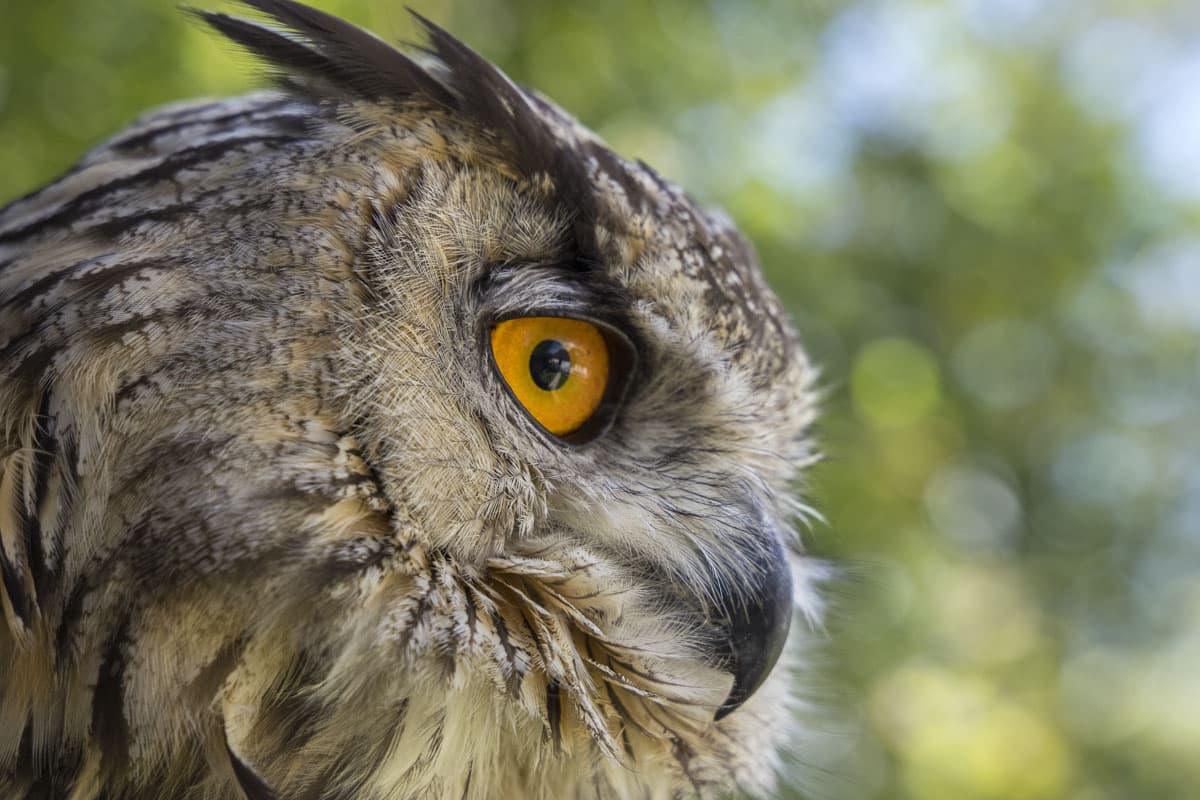
An Eagle Owl, Pitcombe Rock Falconry, Somerset, England
So are you still shooting with DSLRs for certain jobs?
No, I have gone over to mirrorless completely and recently sold six DSLR lenses. I haven’t had so little equipment since the early 80s, it’s much more minimalist now, which is in tune with the times. Before Covid-19 struck I did a trip to Mexico, with just three lenses, and my bag was so much lighter.
Is there anything else you miss about DSLRs?
Good question… I will wait and see how robust the EOS R5 is compared to a pro-spec DSLR and how it copes with a winter in Iceland. I find the battery consumption is higher with mirrorless cameras, too. But generally I am glad I changed to mirrorless. The new RF lenses deliver very impressive quality, and the eye detection AF on the camera is great when shooting portraits wide open. I like fast 85mm primes for travel portraits, and the eye detection AF on the R5 is simply amazing – its very dependable.

